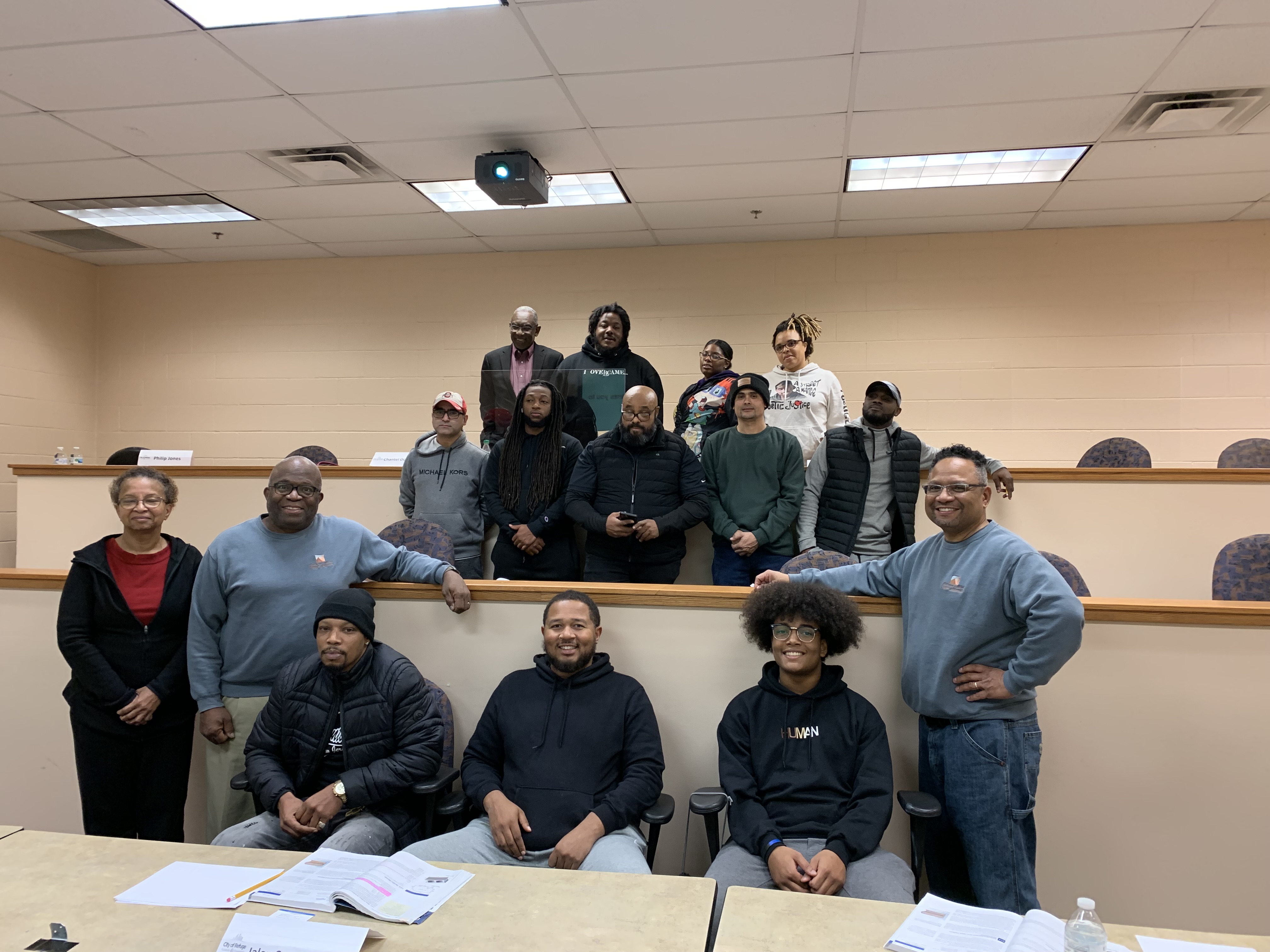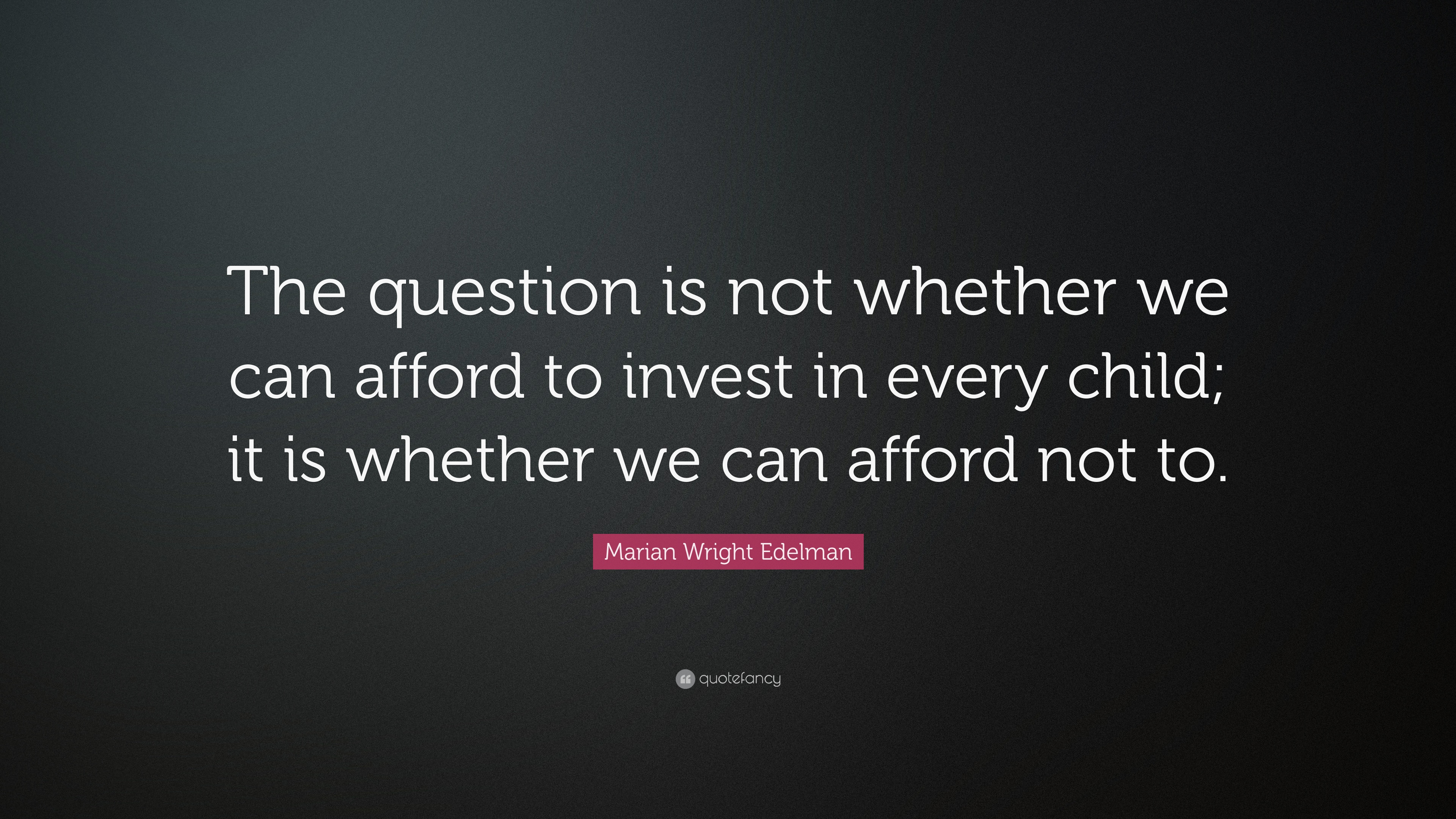Most of us believe our child will get a good education. The problem with that is, very few of us can define what a good education is in todays society. The old rule back in the past was a good education was learning the 3 r’s. Reading, Writing and Arithmetic. In todays society the majority of our children are weak in at least one of these subjects if not all 3. However math is our childrens greatest weakness. And that is why our children have difficulty solving problems.
However, before we can explain the importance of math to all our children we must learn the importance of math in todays society ourselves.
Why must our children learn math by Mark Karadimos
What is math?
Those who do not appreciate math are those who do not understand what math is all about. That is why the nature of math desperately needs to be explained. Simply put, math is about solving problems.
How can math help me solve problems?
Ever since there were humans in existence, there have been problems to solve. Whether the problems were over basic requirements like sustaining sufficient amounts of food or major accomplishments like constructing multifunctional homes, problems such as these remain with us to this day. The peculiar thing about problems is that they all have similar properties.
What do all problems have in common?
Successful problem solvers are able to understand what is expected of the problems they face. In other words, they know all of the details surrounding the problem at hand, which is the most important step to solving problems. It requires an attention to detail and therefore patience. After examining the details, intelligent choices need to be made as well as the beginning steps of developing a strategy. The plan must be carried out in an order that makes sense. So careful planning, possibly by justifiable experimentation, must take place. Once an actual solution is obtained, it must be tested to determine whether or not it is reasonable.
What does problem solving have to do with math in school?
Every math problem that gets discussed, handled, and assigned forces us to use many, if not all, of the detailed methods of problem solving. Each individual problem becomes a small but important lesson for solving problems in general. Math is traditionally learned by first doing many smaller problems. Then the small problems are put together to solve bigger problems. For instance, in order to solve algebraic equations, being knowledgeable about addition, subtraction, multiplication, and division is a must. Ordering the steps to be carried out, evaluating expressions, and learning how and when equations are used must be learned, too.
Who commonly uses math?
Everybody uses math whether they realize it or not. Shoppers use math to calculate change, tax, and sales prices. Cooks use math to modify the amount a recipe will make. Vacationers use math to find time of arrivals and departures to plan their trips. Even homeowners use math to determine the cost of materials when doing projects.
Which professions use math? Just about every profession that will allow your child to earn a prosperous living will require math skills, as labor intensive jobs are a thing of the past.
Here is a small list of math orientated careers:Accountants assist businesses by working on their taxes and planning for upcoming years. They work with tax codes and forms, use formulas for calculating interest, and spend a considerable amount of energy organizing paperwork.
Agriculturists determine the proper amounts of fertilizers, pesticides, and water to produce bountiful amounts of foods. They must be familiar with chemistry and mixture problems.
Architects design buildings for structural integrity and beauty. They must know how to calculate loads for finding acceptable materials in design, which involved calculus.
Biologists study nature to act in concert with it since we are so closely tied to nature. They use proportions to count animals as well as use statistics/probability.
Chemists find ways to use chemicals to assist us which entails purifying water, dealing with waste management, researching superconductors, analyzing crime scenes, making food products, working with biologists to study the human body, …
Computer Programmers create complicated sets of instructions called programs/software to help us use computers to solve problems. They must have a strong sense of logic and have critical thinking and problem solving skills.
Engineers (Chemical, Civil, Electrical, Industrial, Material) build products/structures/systems like automobiles, buildings, computers, machines, and planes, to name just a few examples. They cannot escape the frequent use of a variety of calculus.
Geologists use mathematical models to find oil and study earthquakes.
Lawyers argue cases using complicated lines of reason. That skill is nurtured by high level math courses. The also spend a lot of time researching cases, which means learning relevant codes, laws and ordinances. Building cases demands a strong sense of language with specific emphasis on hypotheses and conclusions.
Managers maintain schedules, regulate worker performance, and analyze productivity.
Medical Doctors must understand the dynamic systems of the human body. They research illnesses, carefully administer the proper amounts of medicine, read charts/tables, and organize their workload and manage the duties nurses and technicians.
Meteorologists forecast the weather for agriculturists, pilots, vacationers, and those who are marine dependent. They read maps, work with computer models, and understand the mathematical laws of physics.
Military Personnel carry out a variety of tasks ranging from aircraft maintenance to following detailed procedures. Tacticians utilize a branch of mathematics called linear programming.
Nurses carry out the detailed instructions doctors give them. They adjust intravenous drip rates, take vitals, dispense medicine, and even assist in operations.
Politicians help solve the social problems of our time by making complicated decisions within the confines of the law, public opinion, and (hopefully) budgetary restraints.
Salespeople typically work on commission and operate under a ‘buy low, sell high’ profit model. Their job requires good interpersonal skills and the ability to estimate basic math problems without the need of paper/pencil.
Technicians repair and maintain the technical gadgets we depend on like computers, televisions, DVDs, cars, refrigerators, … They are always reading measuring devices, referring to manuals, and diagnosing system problems.
Tradesmen (carpenters, electricians, mechanics, and plumbers) estimate job costs and use technical math skills specific to their field. They deal with slopes, areas, volumes, distances and must have an excellent foundation in math.
Can I get a good job without learning a lot of math?
In all honesty, anything is possible. However, less and less labor intensive jobs are available. Workers in those fields are being replaced by machinery and robotics. Even when those jobs are available, the pay is usually substandard. In order to gain successful employment, technical skills must be learned. Someone has to fix all of those machines and robots.
What are employers looking for?
Employers are looking for three basic traits. They want their employees to be able to reason, work with technical equipment, and communicate their thoughts with other employees. It is clear that math deals with developing reason and working with technical equipment. It is not so clear how math affects communication. Successfully using math can improve the ability to speak and write more clearly. Language, at least the type needed for work, tends to be extremely structured and mathematical ability helps deal with that structure.
After high school, what do I do to learn more math?
Basically, there are four avenues of education to pursue: universities, community colleges, trade schools, or the military.Universities prepare students for highly professional careers. Math is typically a strong component of their curricula due to the extreme technical nature of these professions.
Community Colleges assist students to either go on to universities or learn technical skills needed for data processors, electronic technicians, law enforcers, mechanics, nurses, and realtors. Math is not as intense compared to the universities but is integrated throughout each program.
Trade schools teach students the science of automotive maintenance, carpentry, computer repair, heating and air-conditioning, plumbing, … Math related skills are integrated throughout each program.
Even the military puts their people through school after basic training. These military schools are akin to trade schools. On the other hand, military officers, even though they must already have bachelor degrees, are put through further schooling after basic training.
Can I learn mathematics by playing games?
Yes! Research shows there is a strong correlation between math/science education with knowledge of the game called chess. As a player’s chess skills increase, so will the player’s math and science abilities increase. Likewise, as a student’s math/science skills increase, so will that student’s chess ability increase. Of course, this is not limited to the game of chess. It is true for all games that require a high amount of problem solving and critical thinking.







 Posted by National Skilled Trades Network
Posted by National Skilled Trades Network 

